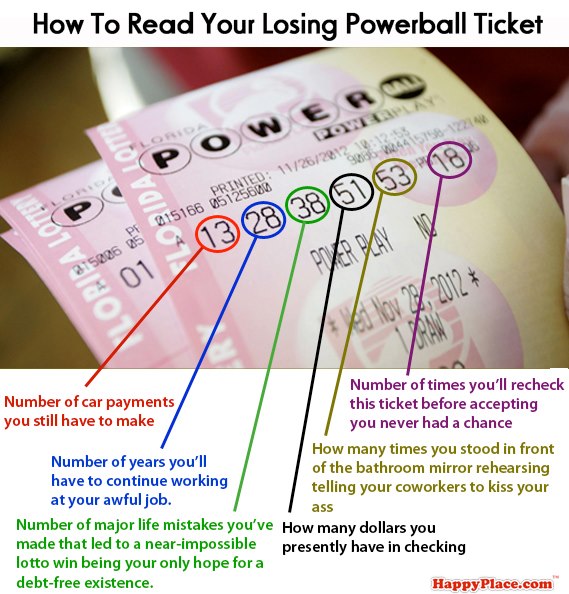For example, I try to tell my two kids to remain friends as adults, even as they get older and their lives diverge both professionally and geographically. Don't you think that's important? I do. Friends come and go, I tell them, but you always have family. Remember, blood is thicker than water.
However, my advice typically elicits no more than a big sigh and an obvious eye roll.
 |
| The usual reaction |
My mother also warned me many times not to be a bull in a china shop (come to think of it, B sometimes tells me the same thing!), and when I got too anxious about something she'd warn me, Don't count your chickens before they hatch.
My dad used to say: There's more than one way to skin a cat. He was a crafty old soul, who felt that you had to take the world as it is, and figure out a way to carve out a place for yourself. And if you couldn't do it one way, you had to try another. He would also sometimes warn me that a person might have an ace up his sleeve. I could never quite figure out if my dad thought a person with an ace was dishonest, or whether he secretly admired the guy for being smarter than he looked.
There was one more my dad used, when he was trying to counsel me to be patient: Rome wasn't built in a day. I found that one particularly puzzling, because while I knew my dad counted his birthdays in Roman numerals, I couldn't figure out what Rome had to do with me. (Of course, now my kids count my birthdays in Roman numerals.)
My best friend's dad had a favorite phrase. He always talked about how some young fellow needed to cut his teeth on something -- meaning the fellow was green and had to get some experience. But what that had to do with teeth, I never did figure out.
I also remember once when I was in high school, a girl with an unfortunate skin condition who was also too-obviously overweight, took a shine to me. I was trying to avoid her without hurting her feelings. My friend smirked at me and said I should go out with her because, after all, beauty's only skin deep. Later, when I suggested to my friend that maybe he should ask her out, he retorted, yeah that'll happen when hell freezes over.
Of course, I hate to think what cliche Janie Smith, the prettiest girl in our class (or so I thought), trotted out when she found out I was smitten with her prepubescent charms. Probably something along the lines of, eeeww ... not in a million years.
When I was a kid, I found many of these old sayings annoying, even if they were sometimes instructional. But once I had my own kids, I found myself trotting out these old phrases like -- well, like I had an ace up my sleeve, even though I was really laying an egg.
But the one my kids find most laughable is: A penny saved is a penny earned. Like most kids (and adults too, I might add) if they see a penny on the sidewalk, they won't even bother to stoop over to pick it up. Not worth the effort.
So what's your favorite cliche, or favorite piece of advice? My kids still have a few problems in their lives, a few big decisions to make, and I would like to be able pass on some cogent advice to them. And who knows, maybe someday I'll have grandchildren, who will be eager for my words of wisdom.
In the meantime, let me pass on another favorite: Merry Christmas to all, and to all a good night!



















